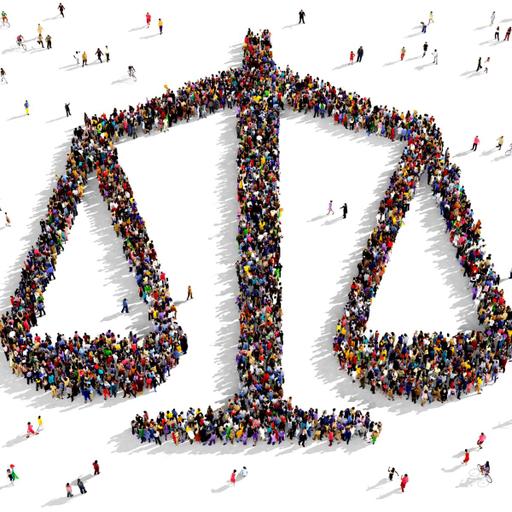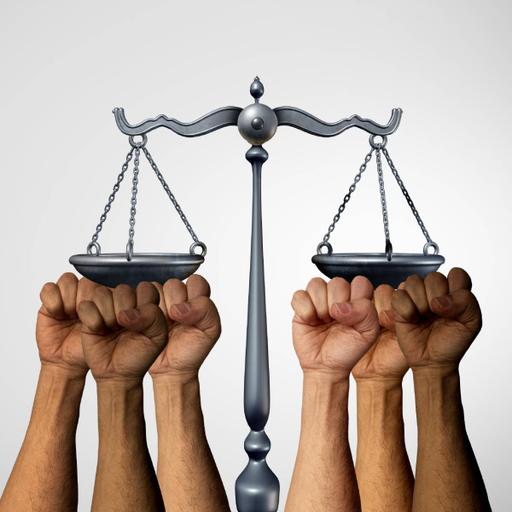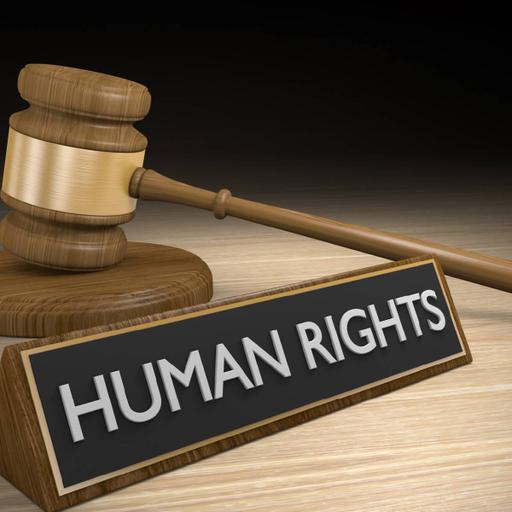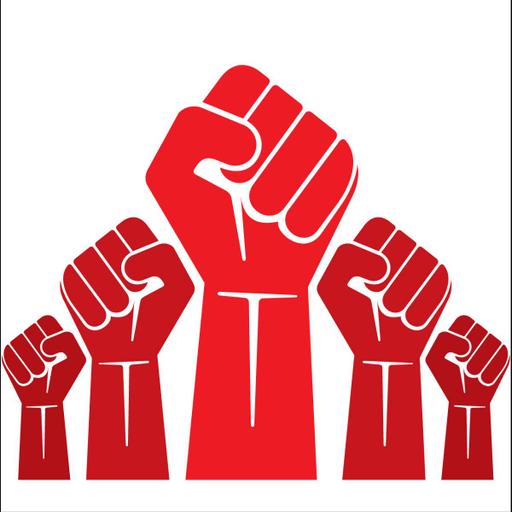Human Rights
Human rights are rights that all people have, regardless of their race, gender, nationality, ethnicity, language, religion, or other status. The right to life and liberty, freedom from slavery and torture, freedom of thought and speech, the right to employment and education, and many others are all protected by human rights. These rights are available to everyone, without exception. International human rights law imposes obligations on governments to act in particular ways or refrain from acting in certain ways in order to promote and defend people' and groups' human rights and basic freedoms. The establishment of a comprehensive body of human rights law—a global and internationally protected code to which all nations can subscribe and enforce—is one of the UN's greatest achievements. Civil, cultural, economic, political, and social rights, among others, have been defined by the United Nations. It has also established institutions to promote and preserve these rights, as well as to help nations in fulfilling their obligations. The United Nations Charter and the Universal Declaration of Human Rights, both adopted by the General Assembly in 1945 and 1948, respectively, are the cornerstones of this body of legislation. Since then, the UN has gradually expanded human rights law to include specific criteria for women, children, people with disabilities, minorities, and other vulnerable groups, who now have rights that protect them from discrimination that was once common in many nations.








